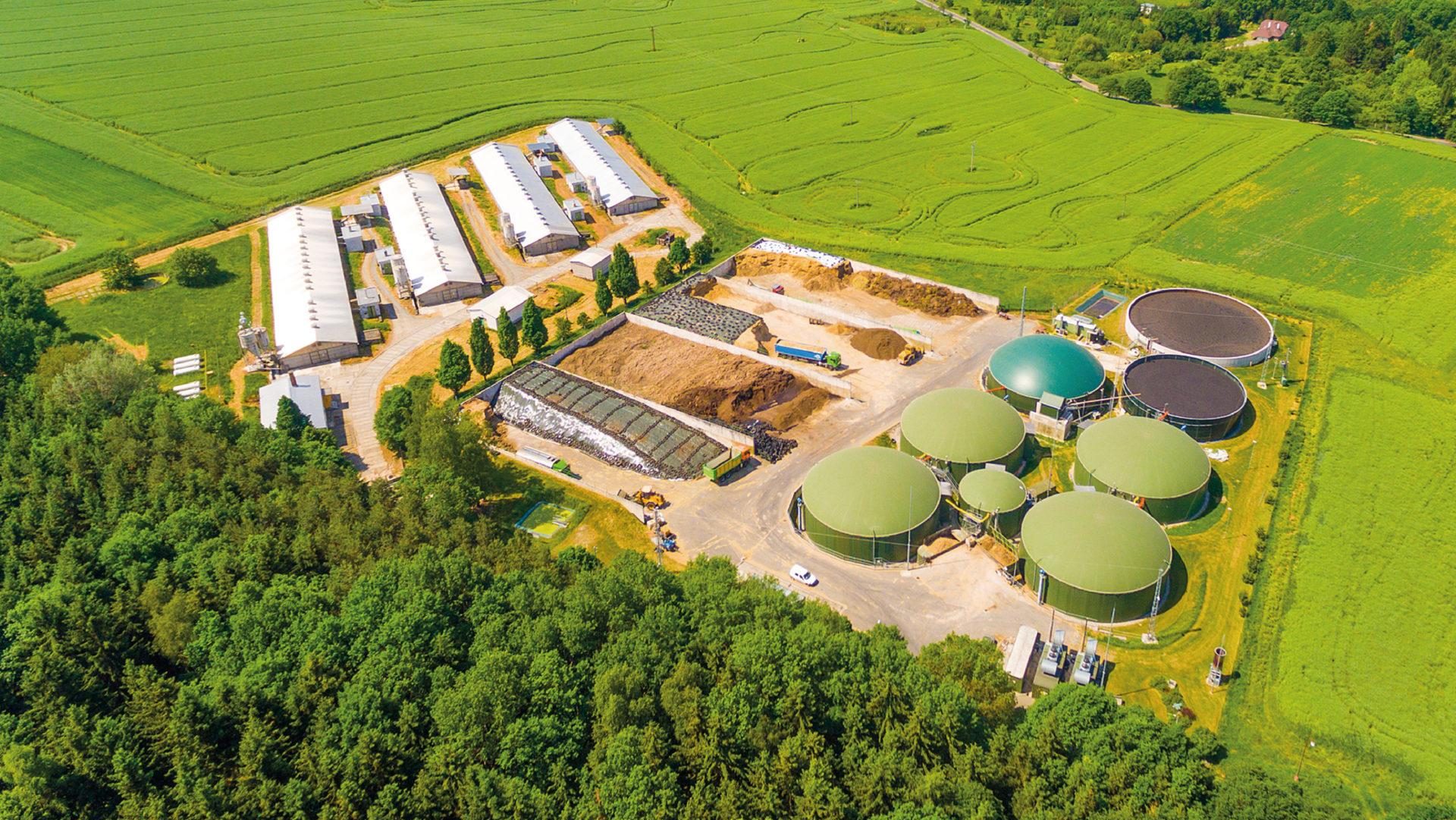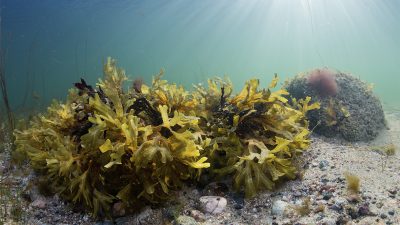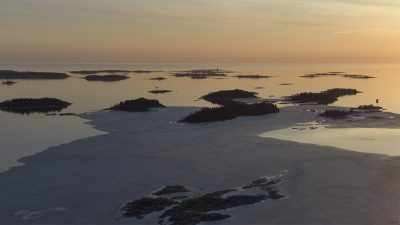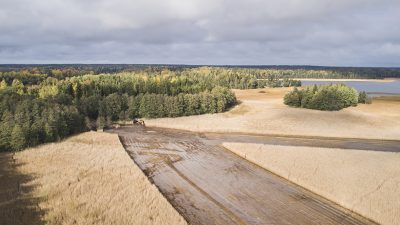Risks to waterways need to be accounted for when biogas and domestic recycled fertilizer production are ramped up
More information
Biogas is an environmentally-friendly form of energy, and its production improves Finland’s security of supply. Biogas production may, however, involve the risk of nutrients entering the waterways if the treatment of digestate generated in production and wastewaters from biogas plants are not carefully planned.
The Sustainable Biogas project, led by the John Nurminen Foundation, worked in cooperation with the biogas industry and various stakeholders to promote the reduction of nutrient discharges. The work took into consideration the entire biogas production chain, from the processing of raw materials to the safe utilization of digestates.
Location and permits of biogas plants are crucial for waterway protection
According to project results, careful consideration in the biogas plant planning, permit granting, and production phases is essential for sustainable nutrient management. Noteworthy considerations include e.g. the nutrient balance of the area in question, sufficiency and adequacy of stocks of raw materials and digestates, and care in spreading no more digestates than is needed by the plants.
“Nutrients are not regionally evenly distributed, and it is important that biogas production does not increase local nutrient loads, but rather evens out the distribution of nutrients”, says Pekka Paavilainen, Senior Officer at the Centre for Economic Development, Transport and the Environment, Southwest Finland.
With the nutrient maps created in the project, we have been able to identify locations where nutrients are created in excess, and areas where nutrients could be spread without risk. The maps were created in areas that suffer from a surplus of nutrients Zemgale in Latvia, on Åland Islands and in Varsinais-Suomi.
Recycling nutrients and developing the treatment of sludge for better circular economy
The majority of fertilizers used in Finland are mineral fertilizers, although a large share of the phosphorus and a part of the nitrogen and potassium used in agriculture could be obtained from domestic, recycled fertilizer products. Users of fertilizers have chosen mineral fertilizers as their low-price solution: they are easy to use, the brands are well-known, and the products of high quality.
The energy crisis has caused the prices of mineral fertilizers to go up, increasing interest in recycled fertilizers. Concrete measures to improve the quality of recycled fertilizers and soil improvers, such as quality systems deployment and communications initiatives, play a key role in making the demand for recycled fertilizers grow. We should, therefore, also focus on solving structural problems, which include the low profitability of recycled fertilizer and nutrient production, and the products’ low degree of refinement.
Moreover, we need to continue to harmonize the somewhat contradictory objectives of treating sludge. The project compared various treatment methods, assessing their efficiency in terms of preventing pollution, recycling nutrients, and curbing climate change. The comparison came to the conclusion that for now, no method is superior to others.
The efficiency of the sludge treatment methods depends on what the goals of the treatment are. When we seek to reduce the risk of harmful substances with combustion, there are fewer opportunities to recycle nutrients. On the other hand, when we aim to recycle nutrients efficiently, drying the sludge is necessary, leading to a carbon footprint that is larger than that of the other treatment methods.
Baltic Sea protection requires cooperation and information exchange across borders
The Sustainable Biogas project, funded by the EU’s Central Baltic programme, cooperated across borders with the biogas association and authorities of Latvia. The project collected experiences and lessons learned also from Sweden and Germany. In Latvia, risks that are not yet dealt with in the country’s legislation were identified. The concept of a phospor-sensitive area, developed in Germany, could also be applied in Finland to support the definition of limits for spreading nutrients in agriculture and landscaping. The project brought together general recommendations biogas producers and institutions to enable waterway-friendly biogas production all around the Baltic Sea. All the recommendations and policy briefs can be found here.
One of the project’s most important lessons learned, however, is that none of the tools available can be used in all locations, as the circumstances, problems, and legislations differ. This is why the project also created development proposals for the national and regional levels, providing a solid basis for the promotion of sustainable biogas production. In Finland important themes that need further development include managing biogas production locations in areas with a nutrient surplus; the development of permit systems; promoting nutrient control in public procurement; price points and demand for recycled nutrients; limits for nutrient spreading in agriculture and landscaping; and understanding the need for nutrient management in biogas-related decision making.
“To be able to promote nutrient management, we need the cooperation and input of various stakeholder groups. It is, in fact, extremely important that stakeholders adopt the plans and development proposals, so that nutrient management in biogas production will continue to be developed, preventing the growth of nutrient discharges to the Baltic Sea”, says Annamari Arrakoski-Engardt, the CEO of the John Nurminen Foundation.
Sustainable Biogas project organizeda side event in connection with EUSBSR Annual Forum 2022 to create discussion on improved nutrient management in biogas production and utilization of new biomass sources for sustainable bioenergy. Watch the recording of the event below.
Sustainable Biogas
Sustainable Biogas is a project funded by the Interreg Central Baltic programme and implemented by the John Nurminen Foundation, the Centre for Economic Development, Transport and the Environment of Southwest Finland, the Finnish Biocycle and Biogas Association, and the Latvian Biogas Association. Together with the biogas industry and various stakeholders, the project promoted the reduction of nutrient discharges throughout the biogas production chain, from the treatment of raw materials to decomposition and the safe utilization of nutrient-rich digestates.




